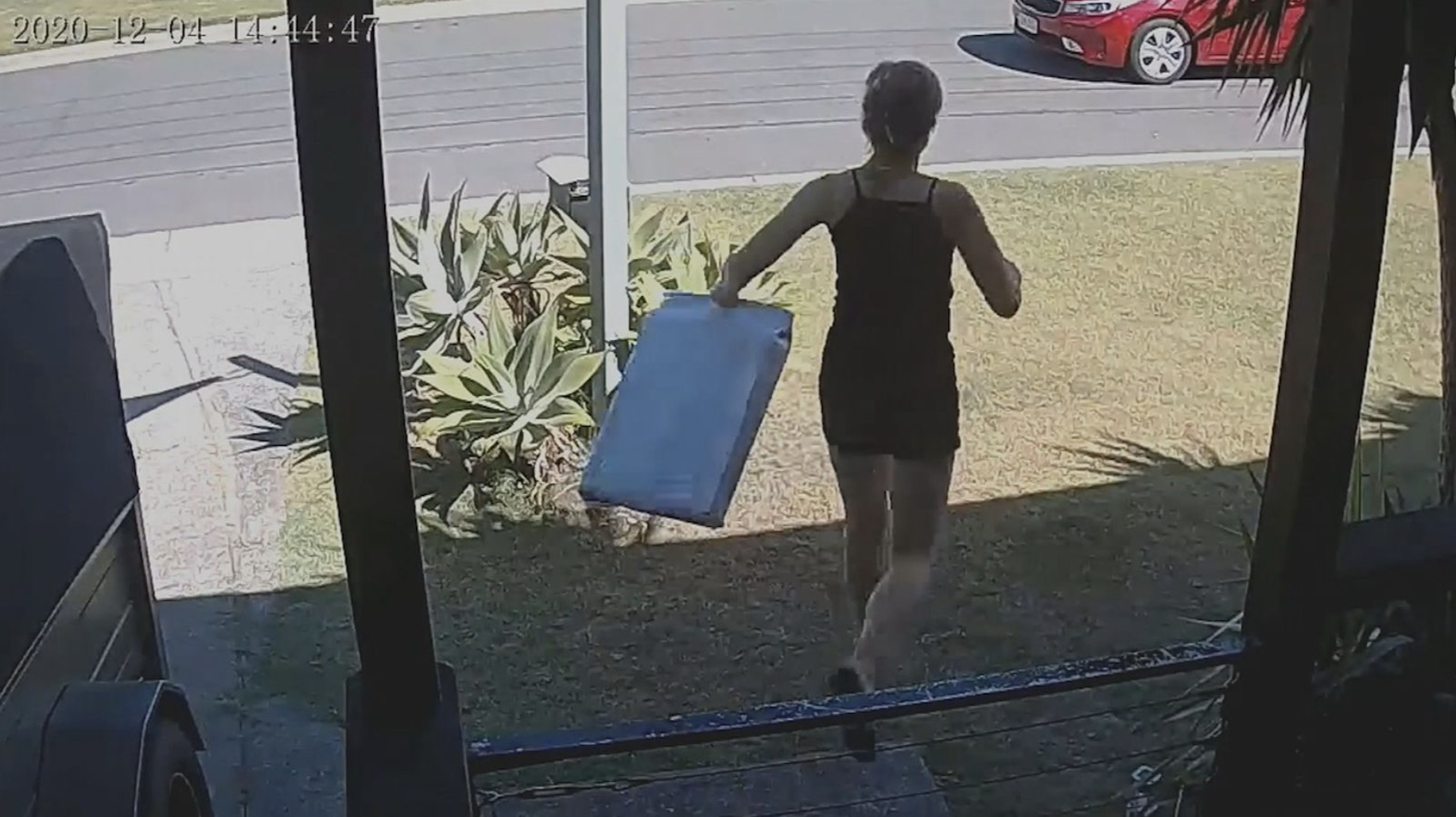Larceny By Servant Or Clerk – s 156 Crimes Act 1900 (NSW)
Facing a charge of larceny or stealing by servant or clerk is stressful given it can cause you to have a criminal conviction, effecting your job and travel plans. To maximise your chances at proving your innocence, or pleading guilty but still avoid a criminal conviction, speak to our Sydney team of senior criminal defence lawyers who have successfully achieved exceptional results for over 20 years.
Call us now on (02) 8606 2218 to book a free first consultation with an experienced Fraud Defence Lawyer.
Your Options in Court
You can only be guilty of a larceny by clerk or servant charge if police can prove each of the following elements to the Judge:
- You were working for an employer
- You took property, including money, from your employer
- At the time of taking the property, you intended to permanently deprive the owner of it
- The property stolen either belonged to or was in the possession of your employer
You will be found not guilty if any one of the above elements are not proven beyond reasonable doubt by police.
Defences to this charge
You will be not guilty if:
- Claim of right: You genuinely or honestly believed you had a legal right to the property or money. Or, you took the property or money honestly believing it belonged to someone else, while you were assisting that person to recover it
- Mistake: where you received the property or money from the employer’s own mistake.
- You took the property, but had no intention to permanently deprive the employer who had possession of it. The intention can be inferred by the Judge based on your actions.
- You were unaware that you had the property in your possession
- You found and took lost property which belonged to the employer, but you were unaware of this, and at the time of taking it, you didn’t believe that the true owner could be found by taking reasonable steps
- You were not bound to obey the orders of the employer
- The property stolen didn’t belong to, or was not in the possession of your employer
- Although the property belonged to your employer, you actually had lawful possession of it as part of your role
- Duress or necessity
Your charge of larceny by clerk or servant will be dismissed and found not guilty if any one of the above defences apply to your case. Our criminal lawyers will carefully look through the police evidence, pick out all the holes in it, and then negotiate with police maximise your chances at dropping your charges early. They have successfully done this on many of their cases over the years, and are considered leading specialists in this.
If pleading guilty to larceny by servant or clerk charges, see the below tips and hints on the best way to prepare and present your case to maximise your chances at getting the best possible, and most lenient outcome by the Judge. This significantly increase your chances at avoiding a criminal record, or prison.
25% discount on punishment
Your punishment can be reduced to a lighter outcome, with better chances at avoiding a criminal conviction, if you plead guilty to a charge of larceny by servant or clerk at an early enough stage of your case. The Judge will be allowed to give you a discount on your punishment of up to 25% for the early plea of guilty as a reflection of your remorse and contrition for committing the offence.
To ensure you don’t miss out on this discount on your punishment, it’s important to get early enough advice from a highly experienced lawyer specialising in larceny charges. The amount of discount continues to reduce the later it is entered in your case.
Good character references
A good character reference, done properly, can tell the Judge reading it, your exceptional good character, expression of your remorse and insight of your offending conduct, which allows the Judge to further reduce your punishment and better chances at a section 10, avoiding a criminal conviction.
Character reference letters can come from you expressing your remorse and shame, your family, friend, charity, work colleague or employer expressing the potential effect of a conviction on your job. Our senior lawyers have seen and reviewed thousands of these and will guide you at each step to ensure you get the best possible effect from each one.
Negotiate to drop charges
Our senior lawyers have successfully convinced police to drop and dismiss their clients larceny charges on countless occasions for over 20 years. The best way to achieve this is to carefully read the police evidence at an early enough stage of the case, point out every single hole in it, and then devise a strategic plan, best suited to your case, to approach police when negotiating.
Our senior lawyers specialise in getting charges dropped or even downgraded early. Speak to them for advice on your realistic chances of this, and how to strengthen it.
Negotiate facts
The set of facts is a document read by the Judge expressing your offending conduct that you pleaded guilty to. It includes what you did and how you did it, even how much worth of money the item involved. Your punishment can be much lighter with a greater chance at avoiding a conviction if those set of facts are negotiated and changed to put you in a favourable light expressing the truth.
The set of facts are normally first drafted by police, and are often one sided. Our senior lawyers hold a proven track record of successfully convincing police to change this to something more favourable to your case, expressing a more accurate version of what occurred. This is often achieved by picking out all the problems in the police evidence.
Psychologist reports
Getting an experienced and highly respected psychologist or psychiatrist to produce a court report expressing whether you were suffering a mental condition at the time, your remorse, insight in your offending behaviour, and chances of rehabilitation can significantly improve your court outcome allowing the Judge to give a much lighter punishment, and better chance at section 10 non conviction following a plea of guilty.
Our senior lawyers will guide you through the process, and refer you to the best suited, leading psychiatrist or psychologist to your case. This will ensure that your chances at getting the best possible outcome are maximised.
Maximum penalty
The most a Judge can ever give is a punishment of up to 10 years imprisonment. It’s important to know, however, that the Judges rarely ever give this.
Where the value of the property stolen is more than $5000, the maximum punishment the Local Court can give is up to 2 years imprisonment. Where the value is less than $5000, the maximum punishment is up to 12 months imprisonment and/or a fine of up to $5,500.
If the value of the property stolen is less than $2000, the maximum punishment the Local Court can impose is a fine of up to $2,200 and/or 12 months imprisonment.
The maximum punishment is reserved for only the most serious offenders, often with large numbers of previous criminal convictions. Judges do not normally give the maximum.
Types of penalties
Depending on the above points and the way your case is presented by your lawyer, the Judge can give you any one of the following types of punishment.
- Section 10 Dismissal
- Conditional Release Order
- Fine
- Community Correction Order
- Intensive Correction Order
- Full Time Imprisonment
It’s critical to speak to an experienced criminal defence lawyer specialising in larceny by clerk or servant charges for best results in your case. Our Sydney lawyers are seniors, who will provide realistic advice with guidance at every stage to powerfully prepare and present your case.
Call us now on (02) 8606 2218 to book a free first consultation with an experienced Fraud Defence Lawyer.






